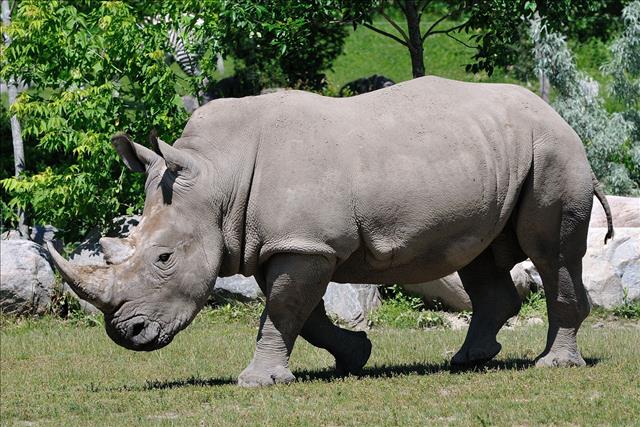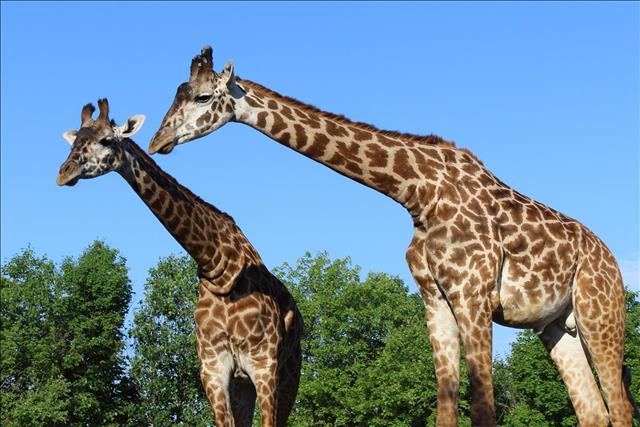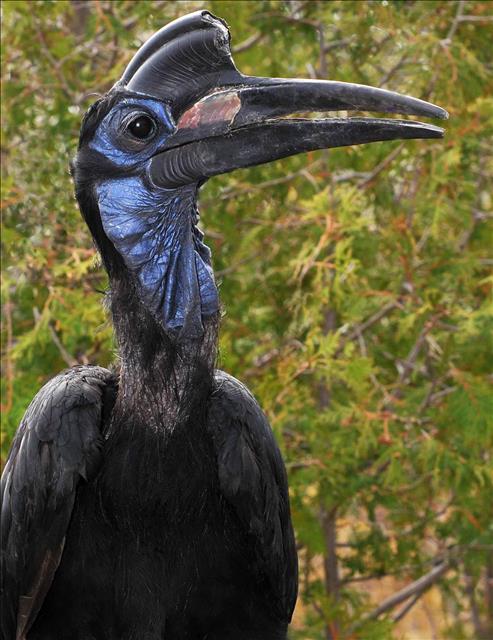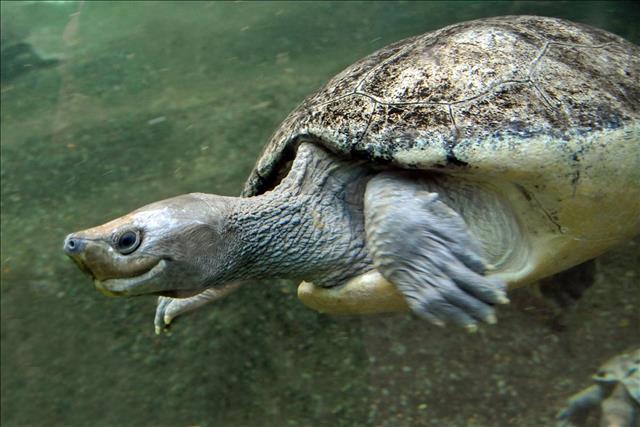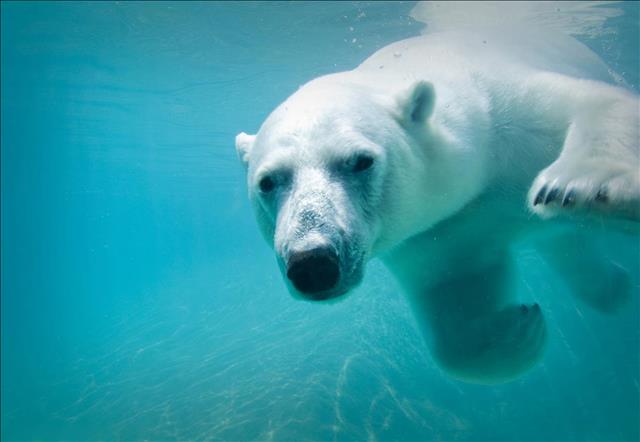Welfare Science Program
at Your Toronto Zoo
Animal Welfare Science Program Manifesto (PDF)
Vision
Excellence in animal welfare is the foundation for everything we do
Mission
Providing an integrated, comprehensive, and continually evolving science based welfare program to ensure the wellbeing of all animals in our care
At your Toronto Zoo, we care about our animals. We value them and care for them; they are the basis of our wildlife conservation and public education efforts and their wellbeing is our priority.
Animal welfare encompasses many different definitions and subjects. It is the protection of the health and wellbeing of animals but also how an animal is coping with the conditions in which it lives. The Association of Zoos and Aquariums (AZA) defines animal welfare as an animal’s collective physical and mental state over a period of time and is measured on a continuum of good to poor. It is also important to note that there is a difference between animal welfare and animal rights, as animal welfare is measurable whereas animal rights are a personal belief. At the root of all the definitions, an animal experiences good welfare if it is free from pain, stress or discomfort, is well nourished, comfortable, safe, and can perform natural behaviours.
According to the AZA and the World Association of Zoos and Aquariums (WAZA), accredited zoos and aquariums operate based on three core principles: animal welfare, safety, and guest engagement. While conservation of wildlife is the core purpose of leading zoos and aquariums, seeking to achieve positive animal welfare states is a core activity. Excellence in animal welfare is the underlying foundation on which all standards and practices are premised and developed.
In line with the 4-cares (our animals, our team, our guests, our community) framework of the Toronto Zoo Strategic Plan, and part of the Saving Wildlife priority ‘providing excellent animal care’, the Toronto Zoo affirms that the welfare of our animals is afforded the utmost precedence throughout our institution and in all our operations. Animal welfare overrides all other criteria for keeping animals at the Zoo.
The Toronto Zoo Welfare Science Program is comprehensive, proactive, evidence-based, and incorporates animal welfare as a decision-making filter for all Zoo activities, projects, events and initiatives. The Toronto Zoo is committed to the highest animal welfare standards and strives to exceed standards for the overall wellbeing of all animals in our care. The Zoo ensures compliance with all government and industry legislation to support compassion and respect for all wildlife.
The Toronto Zoo is a recognized centre of excellence for animal care and positions itself as a leader in animal welfare expertise. The Zoo carries out conservation and animal welfare research and continues to collaborate/partner with universities, research bodies and other zoological institutions to improve animal welfare understanding and promote positive welfare states in all species. As we learn more about the importance of the individual animal’s experiences, physical health, behavioural health, and overall environment, we are challenged to find ways to assess the comprehensive welfare of animals on a consistent basis and ensure that animals residing in our care are given every opportunity to thrive.
Using the 5 Welfare Domains/5 Opportunities to Thrive, as our framework:
Nutrition – a species suitable diet provided in a way that ensures physical and mental health
Environment – opportunities to self-maintain and promote comfort
Health – access to a wellness program, rapid diagnosis and treatment
Behaviour – social opportunities and provision for species appropriate and diverse behaviours
Mental domains - choice and control
We have implemented an Animal Welfare Assessment process, with various inputs and outputs to assess animals, for all taxa, at the Toronto Zoo. This includes a team of experienced staff to conduct formal evaluations to get a better understanding of an animal’s overall welfare. This includes looking at natural and individual history, all the facilities, resources, programs, and procedures that go into keeping animals in our care.
We are conducting Quality of Life Checklists for geriatric animals. This is an aged animal assessment to monitor animals over time and will be performed every 6-12 months (or more depending on the individual animal’s needs) to document if there is a decline in health and welfare. As with humans, older animals require special care and adjustments to their environment to ensure their overall wellbeing.
Education is a key part of animal welfare and includes an increased level of staff and volunteer understanding of and proficiency in animal welfare science and best practices. This includes training sessions for all departments in the Zoo and mandatory welfare modules for all who work on site including staff, volunteers, service providers, and contractors to ensure that everyone understands the importance and complexity of animal welfare and their role in ensuring the best welfare for all of our animals. This develops a culture of welfare advocacy.
The Toronto Zoo Animal Welfare Science Program demonstrates our commitment to the animals we care so much about. Animals that demonstrate positive effective states instill respect and wonder, Zoo staff telling the stories of the animals can connect everyone in personal ways that can change how we think about the natural world and the importance of conservation and what we all need to do to save species!
